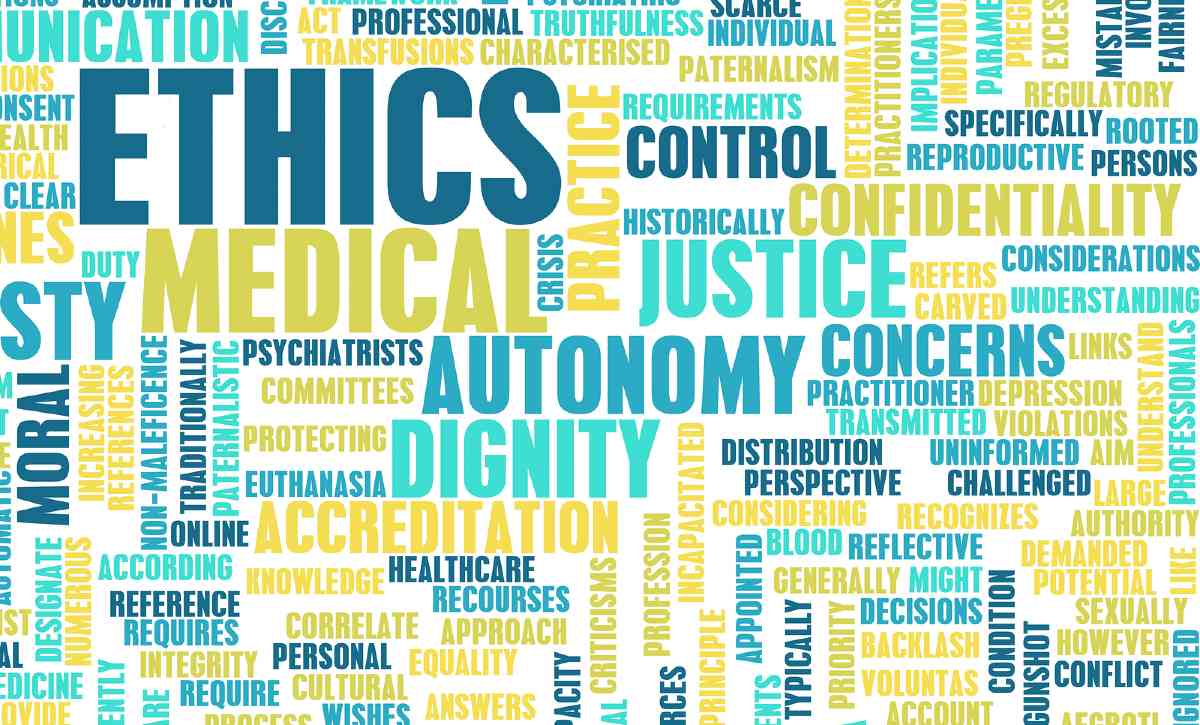
Is bioethics an honest profession? The jury’s still out
Two practitioners hit back at scepticism
Back in 1976, a young bioethicist named Peter Singer wrote, “bioethics is still in its infancy, and its rich diet of foundation grants and government sponsorship has made it a flabby infant rather than a tough adolescent.” A decade later, a bioethicist named Samuel Gorovitz asked whether bioethics was an honest profession.
They were not the first nor the last to point out that this relatively new field is on shaky ground, philosophically, and that scientists, sociologists, philosophers and doctors often are deeply sceptical. Steven Pinker, Harvard’s controversial polymath, sputtered in 2015 in an op-ed in the Boston Globe that bioethicists should just “get out of the way” of life-saving research.
The latest broadside in a major journal came from Sarah Franklin, a sociologist at the University of Cambridge, in November last year in Nature. She argued that bioethics was basically irrelevant and could be replaced by sociology.
This has irritated two bioethicists working in England, Silvia Camporesi and Giulia Cavaliere. They have written a rejoinder in the Journal of Medical Ethics. They contend that bioethicists have unique and irreplaceable skills. They have an “epistemic advantage” over other professions because they have been trained to identify errors and inconsistencies; they know how to debunk, clarify and analyse arguments. They are good as “philosophical plumbing”, as British philosopher Mary Midgely once said. Camporesi and Cavaliere conclude:
Ethicists have an epistemic advantage in addressing normative questions concerning science and technology, and their particular skills and knowledge enable them to make significant contributions to decision making and policy development in these areas. It is in this sense that ethical expertise cannot be improvised: it requires training.
Although, as Gorovitz argues, our capacity to resolve moral problems remains imperfect, ‘there remains a difference between thinking about them well and thinking about them badly’.
Michael Cook is editor of BioEdge
Creative commons
https://www.bioedge.org/images/2008images/Medical-Ethics-and-Modern-Prac-47104231.jpg
bioethics
- How long can you put off seeing the doctor because of lockdowns? - December 3, 2021
- House of Lords debates assisted suicide—again - October 28, 2021
- Spanish government tries to restrict conscientious objection - October 28, 2021
